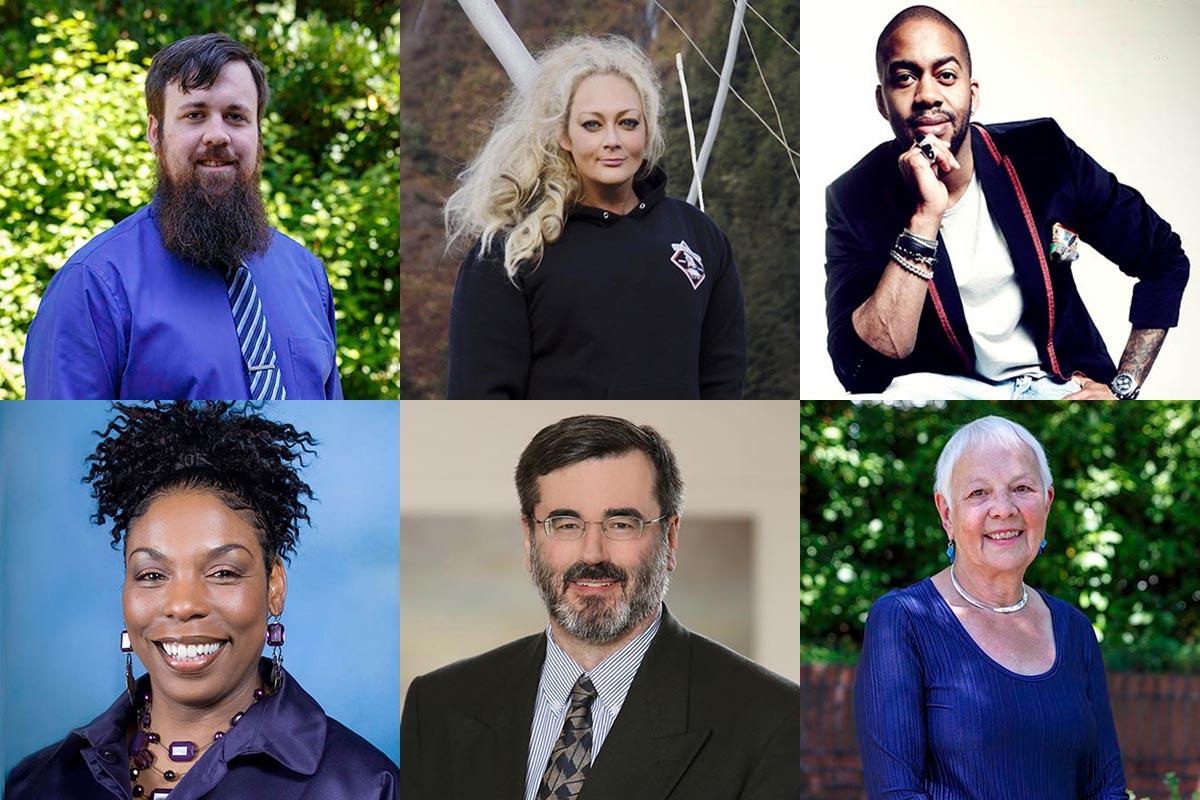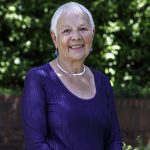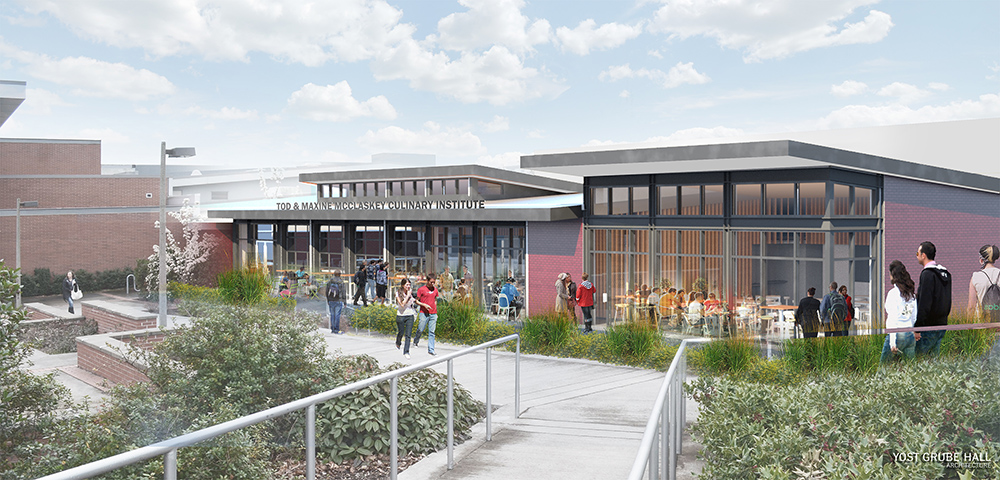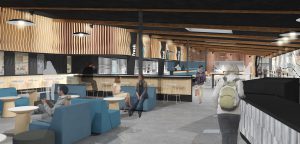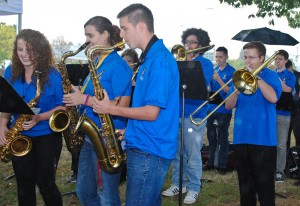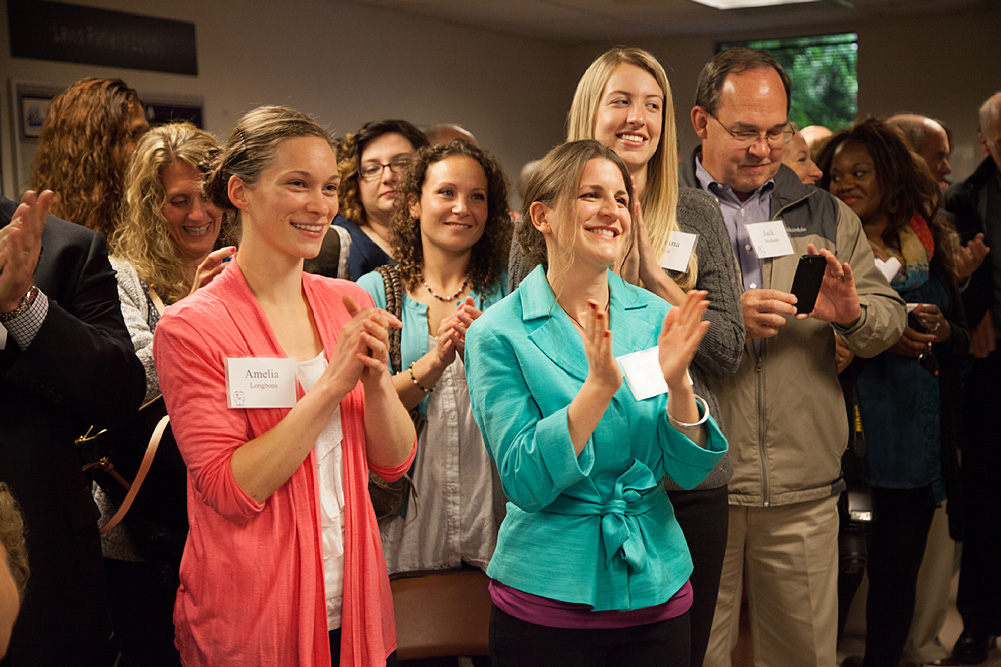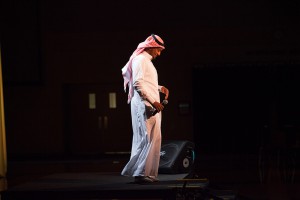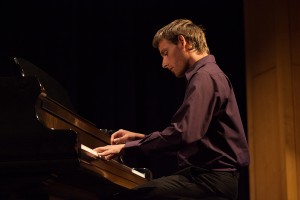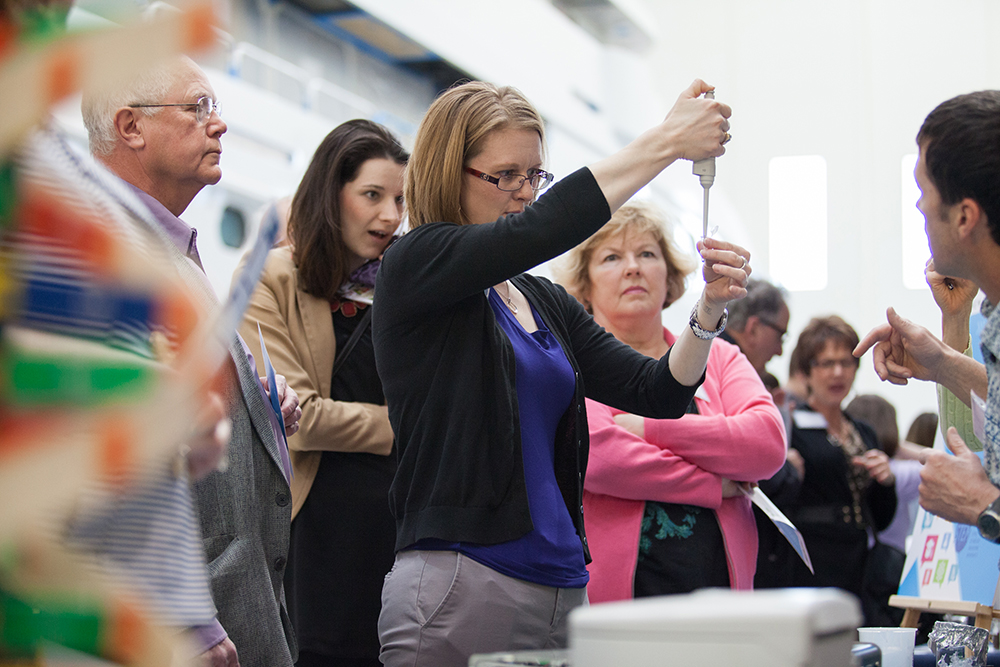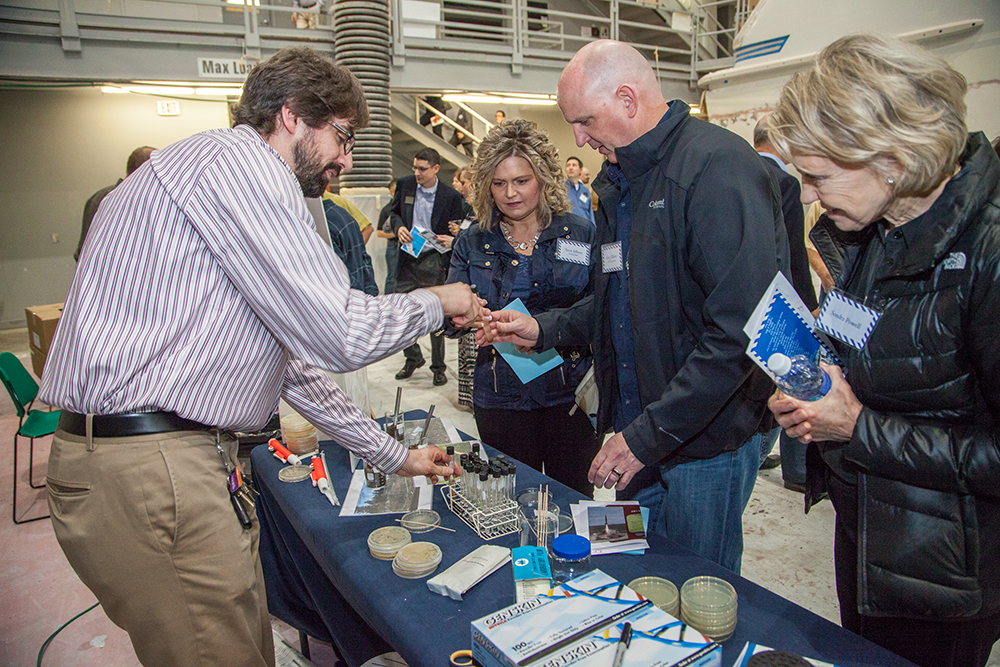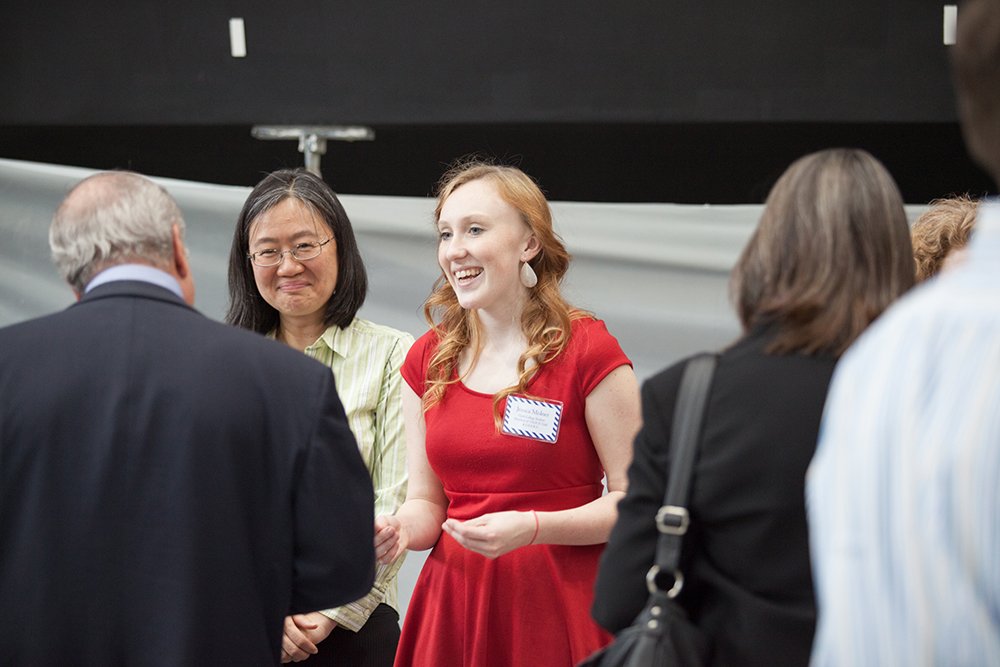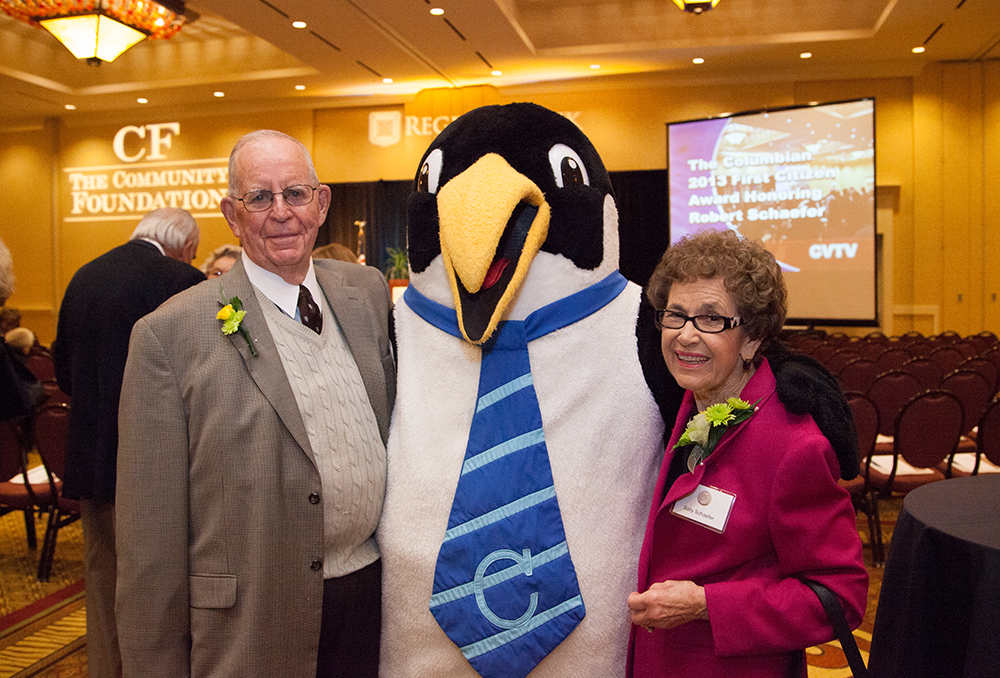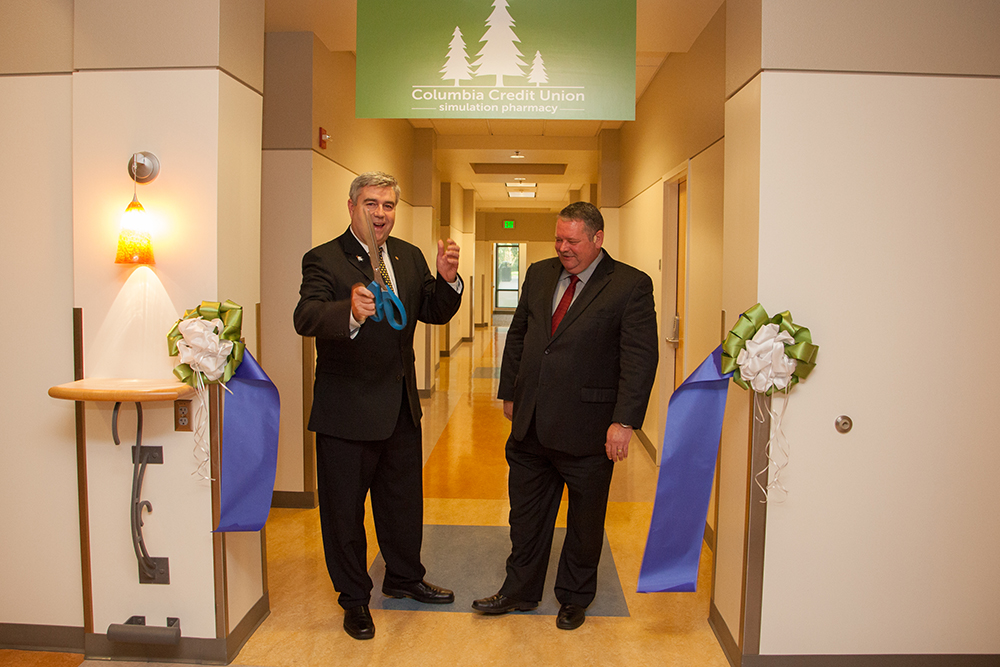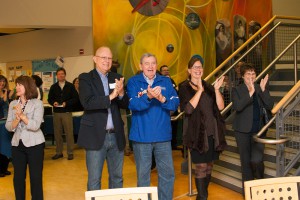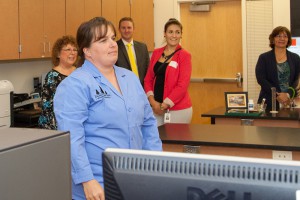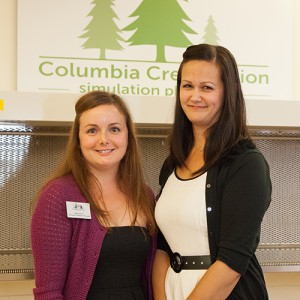Outstanding Alumni announced
Six notable Clark College individuals have been selected for top Clark College alumni awards.
The 2017 Outstanding Alumni awardees are Nancy Boyce ’08, Mitchell Jackson ’93, Debi Jenkins ’93, Rujean “Jeanne” Mack ’67, and Steve Morasch ’87. The Rising Star awardee is Cody Messick ’10.
 Nancy Boyce is a diesel mechanic and owner of the heavy-machine repair business PowerTech Generation, based in Juneau, Alaska. In 2008, she became the first female Caterpillar field mechanic to work in Alaska. She has also taught diesel technology at the University of Alaska Southeast. The Alaska Journal of Commerce nominated her as its Top Forty Under 40 Award winner in 2017, and she was one of three finalists for the Association of Equipment Management Professionals Foundation’s Technician of the Year Award in 2017.
Nancy Boyce is a diesel mechanic and owner of the heavy-machine repair business PowerTech Generation, based in Juneau, Alaska. In 2008, she became the first female Caterpillar field mechanic to work in Alaska. She has also taught diesel technology at the University of Alaska Southeast. The Alaska Journal of Commerce nominated her as its Top Forty Under 40 Award winner in 2017, and she was one of three finalists for the Association of Equipment Management Professionals Foundation’s Technician of the Year Award in 2017.
 Mitchell S. Jackson is the author of the award-winning novel The Residue Years, a creative nonfiction writing professor at New York University, and an adjunct instructor at Columbia University. His second novel, Survival Math, will be published in 2018. Jackson’s honors include fellowships from TED, the Lannan Foundation, the BreadLoaf Conference, and the Center for Fiction. He’s also a popular national speaker for youth and an advocate for criminal justice reform. Jackson, who grew up in Northeast Portland, presented at Clark’s Columbia Writers Series earlier this year.
Mitchell S. Jackson is the author of the award-winning novel The Residue Years, a creative nonfiction writing professor at New York University, and an adjunct instructor at Columbia University. His second novel, Survival Math, will be published in 2018. Jackson’s honors include fellowships from TED, the Lannan Foundation, the BreadLoaf Conference, and the Center for Fiction. He’s also a popular national speaker for youth and an advocate for criminal justice reform. Jackson, who grew up in Northeast Portland, presented at Clark’s Columbia Writers Series earlier this year.
 Debi Jenkins has more than 20 years of experience as a developmental life coach, teacher and presenter. Her expertise is in the areas of lifespan development, diversity, equity, inclusion and institutional climate/organizational change. Her business, Share the Flame Consulting LLC, provides a wide range of personal life- and career-coaching strategies. She is a national speaker and author on equity practices, 2016 Oxford Round Table honoree, and 2009 YWCA Women of Achievement recipient. Jenkins is the division chair of Clark College’s Behavioral Sciences department and has worked at the college for 25 years.
Debi Jenkins has more than 20 years of experience as a developmental life coach, teacher and presenter. Her expertise is in the areas of lifespan development, diversity, equity, inclusion and institutional climate/organizational change. Her business, Share the Flame Consulting LLC, provides a wide range of personal life- and career-coaching strategies. She is a national speaker and author on equity practices, 2016 Oxford Round Table honoree, and 2009 YWCA Women of Achievement recipient. Jenkins is the division chair of Clark College’s Behavioral Sciences department and has worked at the college for 25 years.
Rujean “Jeanne” Mack is a retired principal and executive director of Vancouver Schools. She is one of the creators of the innovative Help One Student to Succeed (HOSTS) Math Program, which was adopted by educational systems around the country. Mack is also the first executive director of the Vancouver Schools Foundation, where she grew the endowment to $1 million; the former director of Children’s Therapy at the nonprofit Innovative Services NW; and the former director of Youth House, a youth empowerment center developed by the Clark County Department of Community Services.
Steve Morasch is a land-use, real estate, and litigation attorney at Landerholm. He has received awards from the Wall Street Journal, American Jurisprudence, and Vancouver Business Journal. He’s the chair of Clark County Planning Commission and has the highest peer-reviewed attorney rating—AV Preeminent. Morasch was part of the Clark Alumni Association Board from 2004 to 2007, and the Alumni Scholarship Endowment Committee from 2005 to 2006.
Cody Messick is a doctoral student in physics at Pennsylvania State University and was part of the team that detected the presence of gravitational waves at the Laser Interferometer Gravitational-Wave Observatory (LIGO) in Washington state and Louisiana in 2015. He is a current executive committee student member of the American Physical Society’s Division of Gravitational Physics. He was a math tutor at Clark, a Physics Days host at University of Washington, and a gravitational wave summer camp organizer at Pennsylvania State University.
Outstanding Alumni Award recipients are chosen for their exemplary service to the community and Clark College, and for personal and professional achievements. The Rising Star Award recognizes alumni who are aged 35 or younger; who deliver exemplary service to the community and to Clark College; and exhibit personal and professional achievements.
The group will be recognized during a luncheon reception on November 1 and at Clark College Foundation’s annual donor gala, Savoring Excellence, on November 2. The reception is a collaboration with the alumni association, Clark College, and Clark College Foundation.
Mitchell Jackson photo by Cole Bennetts; Nancy Boyce photo by Heidi Lynn.
